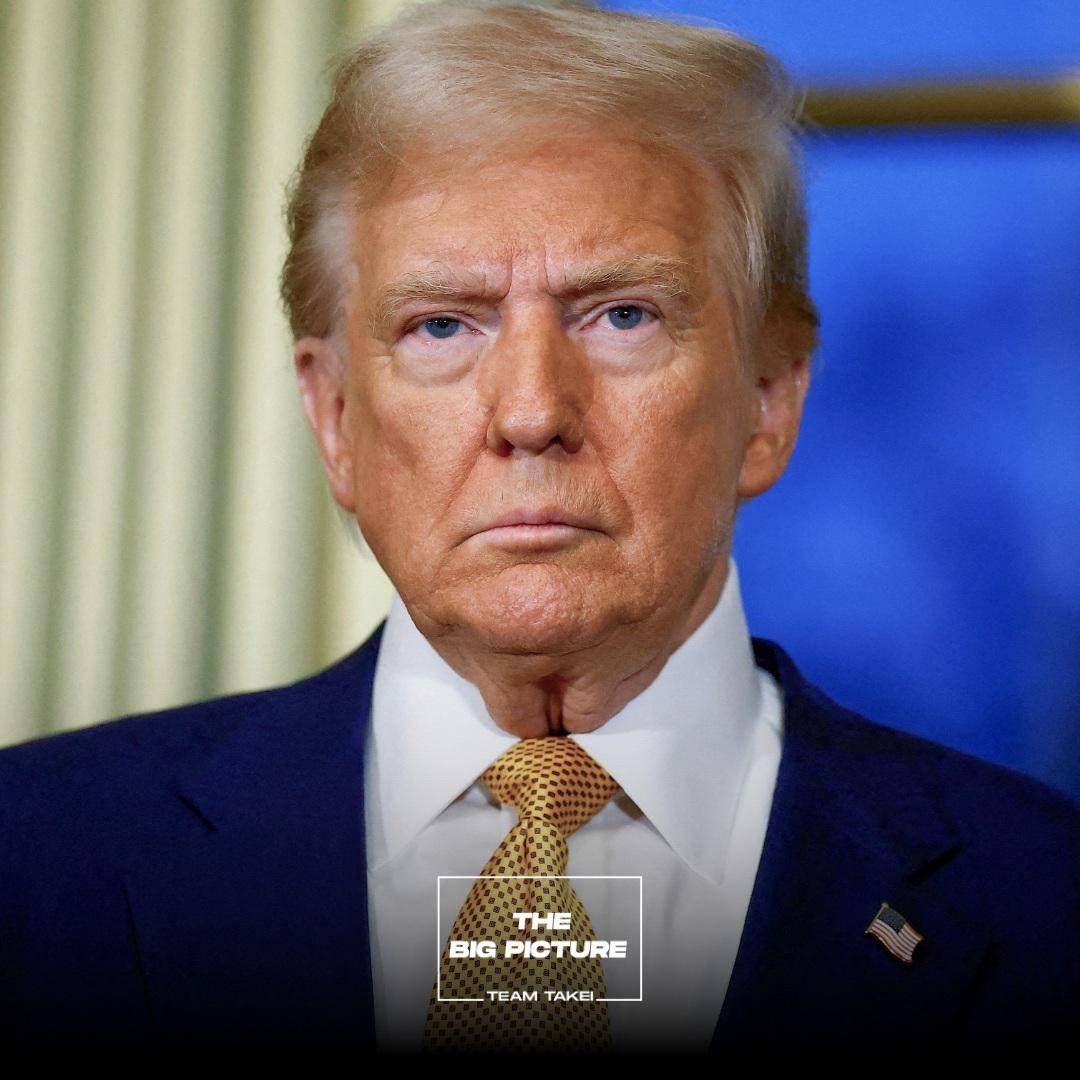Corporate America's Shifting Stance on Trump: A Complex Political Landscape.
In recent years, corporate America's relationship with former President Donald Trump has evolved dramatically. Following the events of January 6, 2021, many companies distanced themselves, halting political contributions to candidates who opposed the certification of the 2020 election results. This move was widely regarded as a moral and ethical stance. However, a noticeable shift is now emerging, with several corporations resuming financial support for Trump-backed initiatives, signaling a complicated intersection of politics, ethics, and business interests.
A Strategic Reconciliation
Recent reports suggest that these contributions are no longer solely about fundraising. Trump aides have indicated that these financial gestures are more about reconciliation—a "mea culpa" from corporations that previously shunned him. By reestablishing ties, companies are acknowledging Trump's continued influence within the Republican Party and his substantial base of supporters.
For these corporations, the stakes are high. On one hand, they must navigate public criticism for backtracking on their ethical commitments. On the other, they aim to secure a favorable position in a political environment where Trump's sway remains significant. This dual motivation underscores the pragmatic nature of corporate decision-making, where ethical considerations often intersect with market realities.
The Cost of Ethical Inconsistencies
The resumption of support raises questions about the consistency of corporate ethics. When companies initially distanced themselves from Trump, they framed their actions as a commitment to democratic principles. Now, their renewed contributions appear to be driven by financial and strategic incentives. This shift may erode public trust, as stakeholders question whether these companies prioritize values over profits.
For consumers, the implications are significant. Many have come to expect corporations to align their actions with their stated commitments to social responsibility. The apparent reversal challenges this expectation, prompting a reevaluation of corporate accountability.
Trump's Enduring Influence
From a political perspective, these developments reaffirm Trump's enduring power in shaping corporate strategies and alliances. Despite controversies, he continues to wield significant influence, compelling companies to reengage. This dynamic highlights the intricate balance businesses must maintain between public perception and practical benefits.
Conclusion
The evolving relationship between corporate America and Trump underscores the complexities of modern political engagement. As companies navigate this landscape, they face mounting pressure to reconcile their actions with their proclaimed values. For the public, this serves as a reminder of the importance of holding corporations accountable, ensuring that their decisions reflect genuine ethical commitment rather than mere convenience.
This ongoing story reflects broader trends in how business, politics, and ethics intersect, making it a critical subject for stakeholders across the board.




No comments yet
Be the first to share your thoughts!